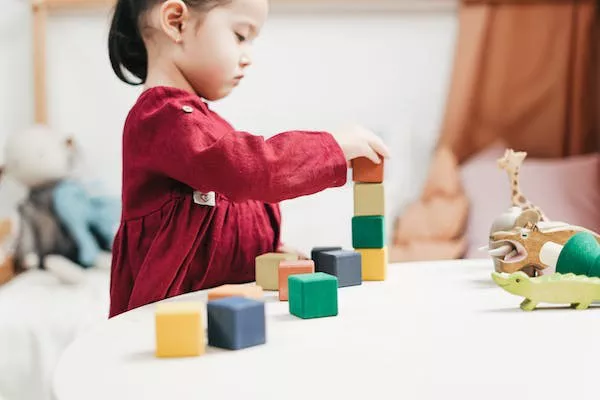In today’s fast-paced world, parents and educators alike are recognizing the critical importance of early childhood education programs in shaping the future of our youngest learners. Investing in quality early childhood education can have a profound impact on a child’s cognitive, emotional, and social development. This article explores the key aspects of early childhood education programs, providing valuable insights for parents and educators alike.
1. The Foundation of Early Childhood Education Programs
At the heart of every successful early childhood education program lies a strong foundation built on research-backed methodologies and a child-centered approach. These programs prioritize the unique needs of young learners, fostering an environment where curiosity is nurtured and a love for learning is instilled from the very beginning.
1.1 Developmentally Appropriate Practices (DAP)
Developmentally Appropriate Practices form the bedrock of effective early childhood education. These practices align with the age and individual needs of each child, recognizing that children progress through various stages of development at their own pace. Incorporating DAP ensures that educational activities are not only engaging but also tailored to meet the specific needs of each child.
1.2 Play-Based Learning
One of the cornerstones of early childhood education programs is play-based learning. Research indicates that play is a powerful tool for cognitive development, language acquisition, and social skills. Well-structured play activities within the curriculum stimulate creativity, problem-solving, and emotional regulation in young minds.
1.3 Holistic Approach to Learning
A holistic approach to learning encompasses not only academic skills but also social-emotional development. Early childhood education programs that emphasize the development of the whole child create a well-rounded foundation for future academic success. This holistic perspective recognizes the interconnectedness of cognitive, social, emotional, and physical development.
2. The Role of Educators in Early Childhood Education Programs
Educators play a pivotal role in shaping the early learning experiences of children. A well-trained and passionate teaching staff can make a significant difference in the effectiveness of an early childhood education program.
2.1 Qualified and Trained Educators
The qualifications and training of educators are crucial factors in the success of an early childhood education program. Research consistently shows that teachers with specialized training in early childhood education are better equipped to create a supportive and enriching learning environment for young children.
2.2 Individualized Instruction
Recognizing the unique strengths and challenges of each child, educators in quality early childhood programs implement individualized instruction. This personalized approach allows teachers to tailor their teaching methods to match the learning styles and preferences of each student, ensuring optimal learning outcomes.
2.3 Building Positive Relationships
Establishing positive relationships between educators, students, and parents is fundamental. Strong connections contribute to a child’s sense of security and belonging, creating an environment where learning thrives. Regular communication between educators and parents fosters a collaborative partnership in the child’s educational journey.
3. Creating a Stimulating Learning Environment
The physical environment in which early childhood education takes place plays a vital role in shaping the learning experiences of young children.
3.1 Safe and Nurturing Spaces
A safe and nurturing environment is paramount in early childhood education. Well-designed classrooms with age-appropriate materials, child-friendly furniture, and adequate safety measures create a space where children feel secure to explore, learn, and interact.
3.2 Multi-Sensory Learning Stations
Research suggests that children benefit from exposure to a variety of sensory experiences. Early childhood education programs often incorporate multi-sensory learning stations, allowing children to engage with materials through touch, sight, sound, and even smell. These experiences enhance cognitive development and foster a love for exploration.
3.3 Outdoor Learning Opportunities
Outdoor play and learning are integral components of quality early childhood education. Outdoor spaces provide opportunities for physical activity, exploration of nature, and social interactions. Exposure to the outdoors has been linked to improved concentration, reduced stress, and enhanced overall well-being in young children.
In conclusion, a well-designed early childhood education program sets the stage for a lifetime of learning and success.


